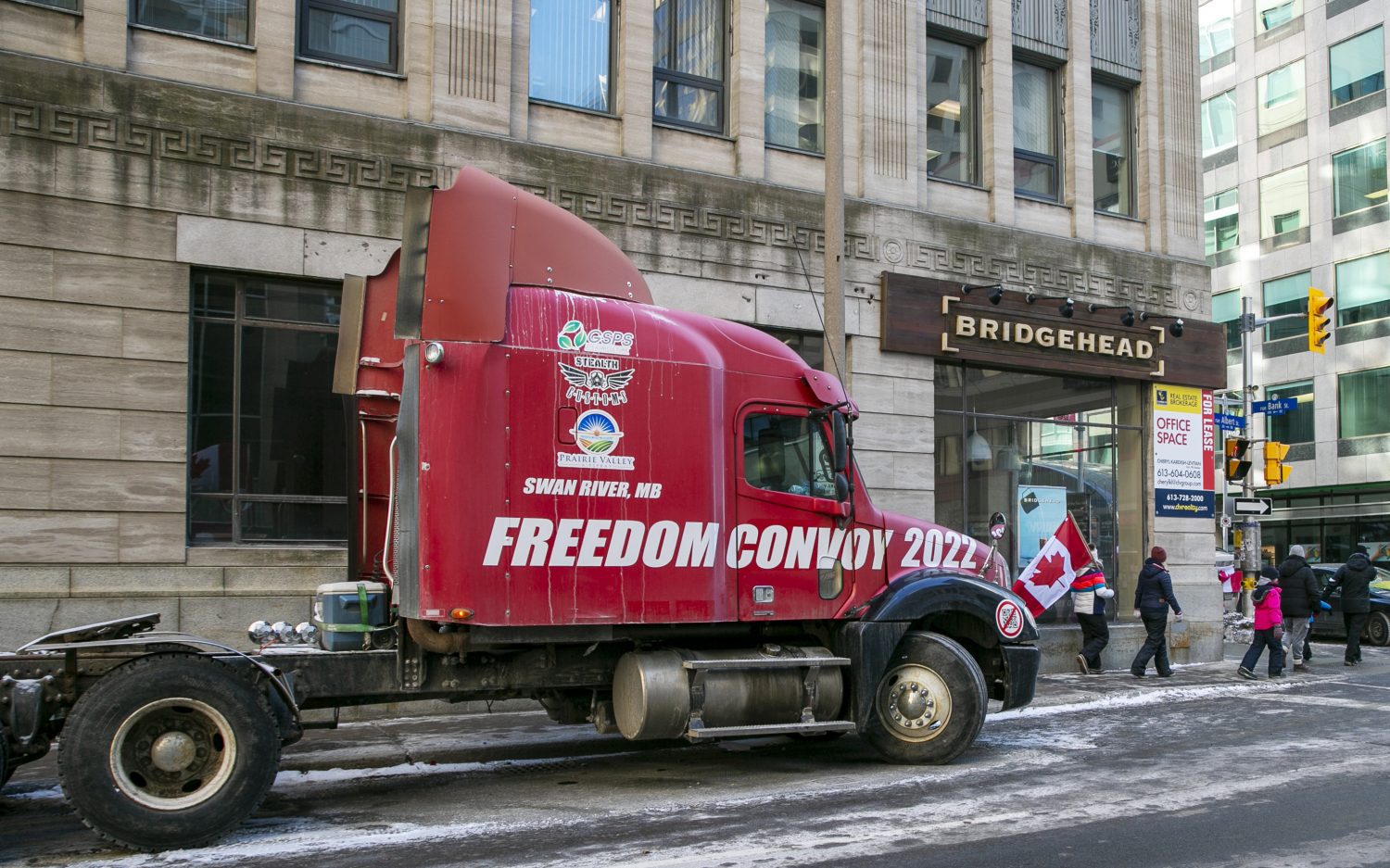'Overwhelming'
Japan reels under a quake, tsunami, and the threat of a nuclear disaster
Japan's growing nightmare worsened on Monday, as the beleaguered nation faced another disaster on top of the massive earthquake and devastating tsunami that struck the island nation on Friday: the threat of a nuclear meltdown.
Japanese officials warned that three quake-stricken nuclear reactors in the Fukushima province could be experiencing melting in the reactor cores that contain fuel. If the melting grows worse, dangerous levels of radiation could seep into the atmosphere of Japan's disaster-stricken region.
Authorities said radiation levels remained relatively low on Monday, and they didn't expect a disaster like the Chernobyl nuclear blast that struck Ukraine in 1986. (The Chernobyl plant lacked containment shells.) But the threat of radiation leaks remained serious, and Japanese officials evacuated residents within a 12-mile radius of the reactor sites.
Those evacuations added another burden to an already-overwhelmed emergency response in Japan: Rescue workers struggled to reach quake and tsunami victims in the hardest-hit provinces of Miyagi and Iwate in northeastern Japan. By Monday morning in Miyagi, at least 1,000 bodies had washed up along the province's devastated coastline. Farther north in the village of Minamisanriku, some 10,000 residents were missing after the tsunami swept most homes and other structures out to sea.
Officials estimated the death toll would reach the tens of thousands, even as they rushed to get life-saving aid to survivors. Residents in towns across the northeast reported they had no electrical power, no gas, and-most seriously-no running water. Grocery stores lacked supplies or remained closed, and residents rationed low levels of food and water. Orthodox Presbyterian Church (OPC) missionary Woody Lauer (who lives 75 miles south of Tokyo) reported that a ministerial colleague was delivering bottles of water to a stranded affiliated missionary family in Sendai, though gasoline for such travel is hard to find. (Some lines at gas stations stretched nearly a half-mile, and attendants rationed quantities.)
Hajime Sato, a government official in Iwate province, told the Associated Press that aid was scant and that authorities had about 10 percent of the supplies they needed to distribute: "Things are simply not coming." Sato's requested supplies included some grim items: "We have requested funeral homes across the nation to send many body bags and coffins," he said. "But we simply don't have enough."
Other residents spent the weekend seeking higher help: The International Mission Board (IMB) of the Southern Baptist Convention reported that Japanese Christians gathered in churches on Sunday to pray for the victims. IMB missionary Teresa Seelen told IMB's news service that Christians at one church spent their entire Sunday service praying for victims and collecting a relief offering. "Through tears, they called out names and lifted them to God. . . . It was precious to see the generosity of this small group of believers."
Another IMB couple told the denomination that they spent the weekend with neighbors shoveling sand and sludge from their buckled street. Mark and Sharon Bennett-missionaries to Japan for 20 years-said they were homeschooling their children when the quake hit. The family took shelter under the table, and Mark Bennett prayed out loud: "I was preparing myself to meet the Lord." (All the members of the Bennett family are safe and well.)
An actual newsletter worth subscribing to instead of just a collection of links. —Adam
Sign up to receive The Sift email newsletter each weekday morning for the latest headlines from WORLD’s breaking news team.





Please wait while we load the latest comments...
Comments
Please register, subscribe, or log in to comment on this article.